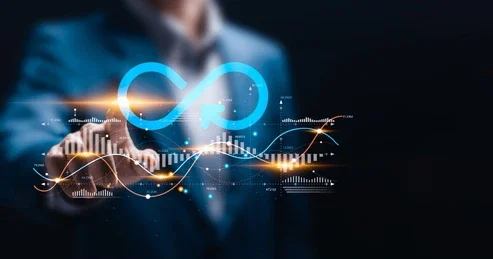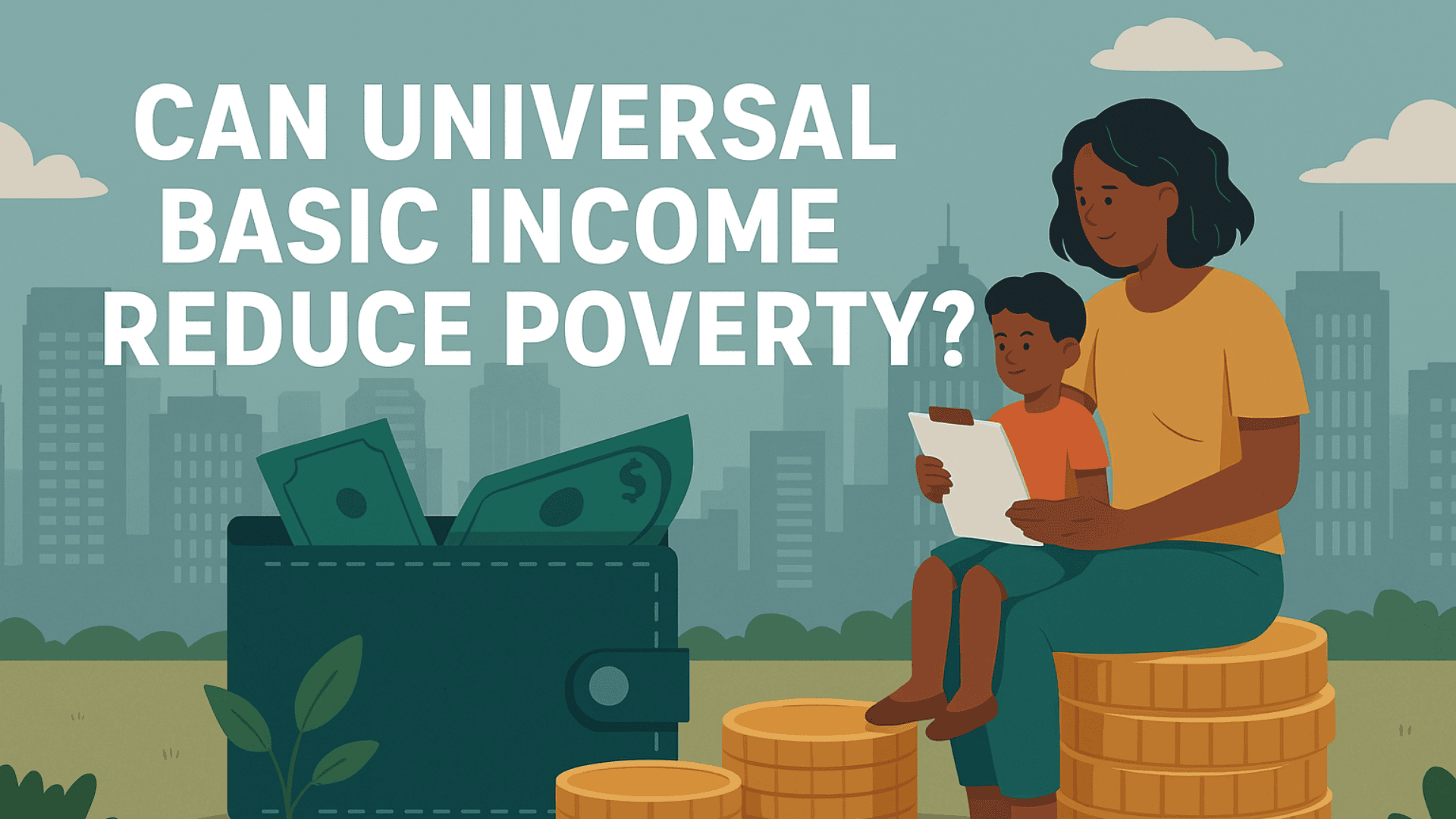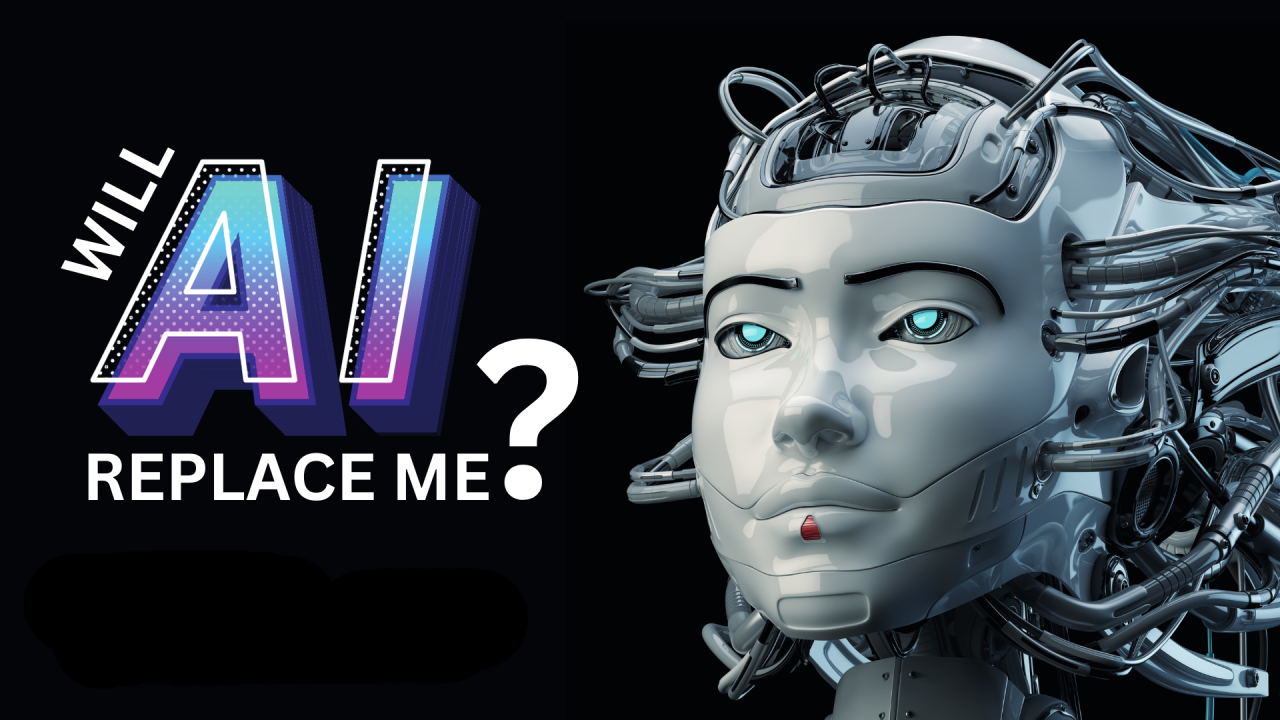Why Sustainability Is Now a Strategic Advantage
Why Sustainability Is Now a Strategic Advantage For decades, sustainability was treated as a “nice to have.” Today, it’s a competitive edge. Consumers, investors, and
Why Sustainability Is Now a Strategic Advantage For decades, sustainability was treated as a “nice to have.” Today, it’s a competitive edge. Consumers, investors, and
Designing Value Propositions That Stick Your product isn’t what you sell—it’s what your customer gets. The best value propositions speak to real customer pains and
Business Model Innovation – The Key to Staying Relevant In a fast-changing world, your products aren’t enough. Companies now compete on business models—the way they
Why Long-Term Thinking Is the Future of Business In an era defined by rapid change, quarterly targets, and pressure for instant growth, many companies are
A Radical Idea Gaining Ground As technology makes more jobs obsolete, one radical idea has re-entered mainstream discourse: Universal Basic Income (UBI) — a guaranteed,
The Great Disruption We are living through a technological renaissance unlike anything the world has seen before. The rise of Artificial Intelligence (AI) is altering

Why Sustainability Is Now a Strategic Advantage For decades, sustainability was treated as a “nice to have.” Today, it’s a competitive edge. Consumers, investors, and regulators are demanding more responsible business—and those that adapt are winning. 🌱 Sustainability = Opportunity Going green isn’t just about cutting emissions. It’s about: Companies like IKEA, Unilever, and Patagonia have built profitable, purpose-driven empires. ♻️ Infinite Economy, Circular Models In the Infinite Economy, business growth doesn’t mean more waste. It means creating loops of value—reuse, repurpose, recycle. Circular business models are:

Designing Value Propositions That Stick Your product isn’t what you sell—it’s what your customer gets. The best value propositions speak to real customer pains and desires, not just features. 🎯 What Is a Value Proposition? A value proposition is the promise of value your business makes. It answers: Great value propositions are clear, specific, and customer-centered. 🧩 Use the Value Proposition Canvas The Value Proposition Canvas (developed by Alex Osterwalder) helps align what you offer with what your customers truly need. Match those insights with your product’s features to craft value that resonates. 💬 Examples: These are simple, emotional, and memorable.Designing Value Propositions That Stick Your product isn’t what you

Business Model Innovation – The Key to Staying Relevant In a fast-changing world, your products aren’t enough. Companies now compete on business models—the way they create, deliver, and capture value. The traditional model of selling a product or service is no longer a one-size-fits-all solution. The most resilient businesses are those that continuously reinvent themselves. 🔍 What Is Business Model Innovation? Business model innovation means rethinking the way your organization works—from how you reach customers to how you make money. It’s not just about launching new products. It’s about rethinking value itself. Netflix didn’t just stream movies—it disrupted the entire video rental model. Uber didn’t own cars—it transformed urban mobility

Why Long-Term Thinking Is the Future of Business In an era defined by rapid change, quarterly targets, and pressure for instant growth, many companies are struggling to stay relevant. The business world has long been shaped by short-term thinking—focusing on immediate returns, fast product launches, and maximizing shareholder value in the now. But what if the future belongs not to the fastest, but to the most resilient?What if real success means building something that lasts? Welcome to The Infinite Economy—a new way of thinking about business, strategy, and growth. 🔁 The Shift from Finite to Infinite Most businesses operate in what we call a finite model—a game with fixed rules,

A Radical Idea Gaining Ground As technology makes more jobs obsolete, one radical idea has re-entered mainstream discourse: Universal Basic Income (UBI) — a guaranteed, unconditional cash payment to every citizen, regardless of their employment status. Critics call it utopian. Advocates say it’s inevitable. But in a world where machines can replace 10,000 workers with a single algorithm, the old model of “earn to eat” is being fundamentally questioned. The Case for UBI in the Age of Automation The idea is simple: give people money, with no strings attached. Let them use it for rent, food, education, or to start a business. UBI isn’t about rewarding laziness; it’s about acknowledging

The Great Disruption We are living through a technological renaissance unlike anything the world has seen before. The rise of Artificial Intelligence (AI) is altering every sector of the global economy — from manufacturing and medicine to writing, design, and law. Tools like ChatGPT, Midjourney, and autonomous agents are already outperforming humans in several cognitive tasks. So, naturally, the question on many minds is: Will AI replace us? Automation: Threat or Opportunity? The fear is not unfounded. Studies from institutions like Oxford and McKinsey predict that over 40% of current jobs could be automated by 2035. But what those headlines often miss is that automation doesn’t eliminate work — it